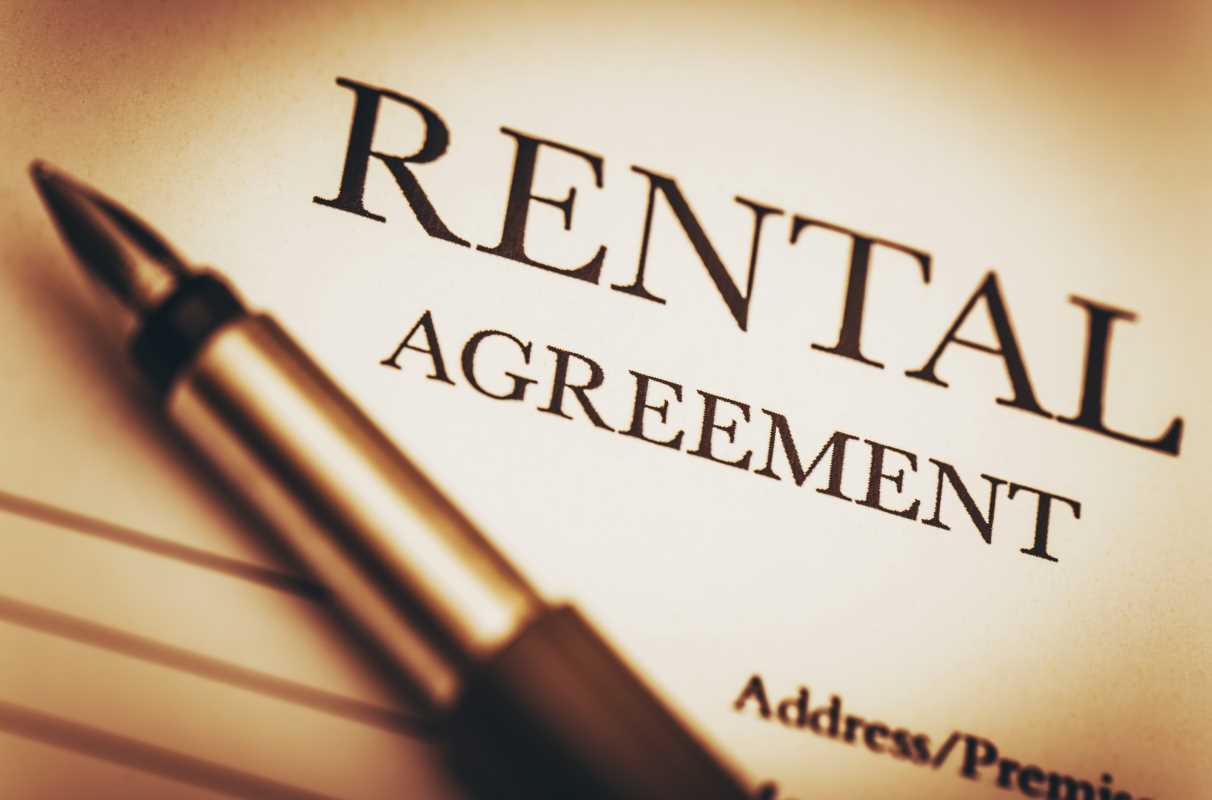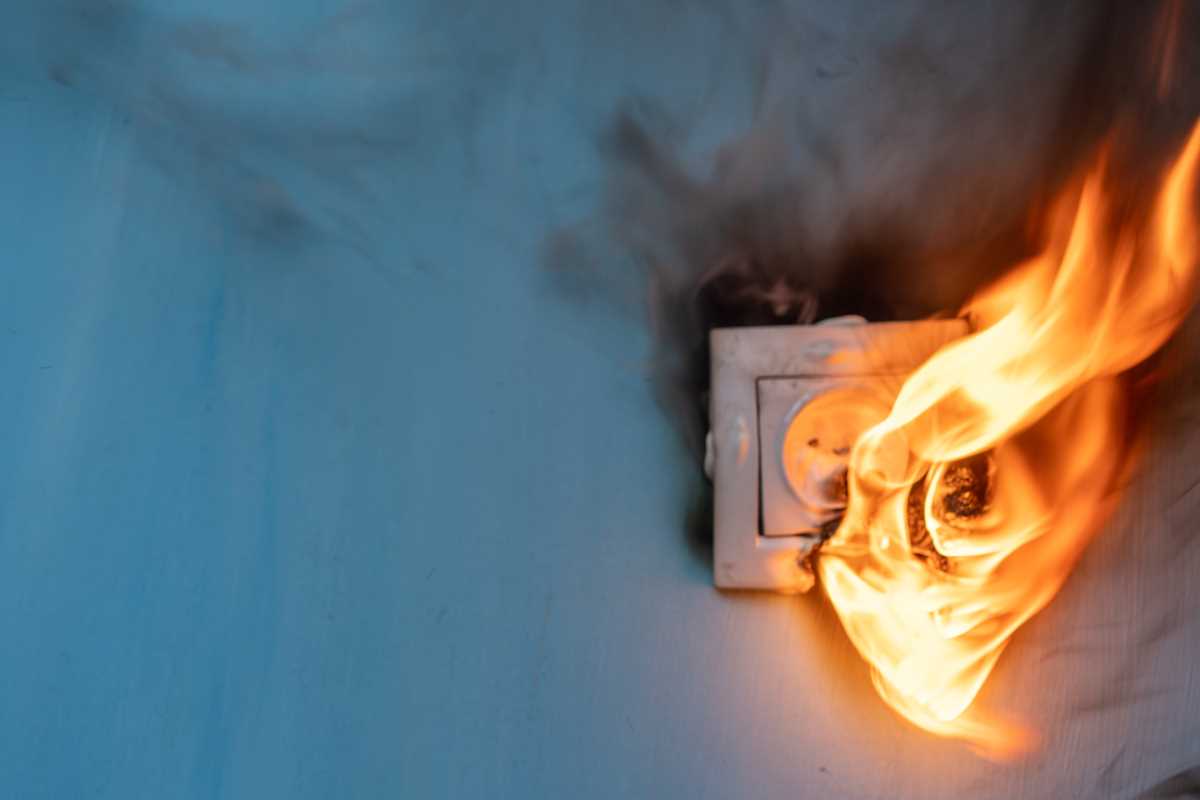Facing an eviction can add a big wrench in your life, especially if you believe your landlord's actions were illegal. Tenants have rights, and landlords must follow specific legal procedures before evicting someone. Illegal evictions, often referred to as "self-help evictions," happen when landlords try to remove tenants without a court order. These actions include changing locks, shutting off utilities, or removing belongings. Knowing how to dispute an illegal eviction and understanding the steps to protect yourself can help uphold your rights. You can rely on these key steps, legal protections, and resources to effectively dispute an illegal eviction and take control of the situation.
Identifying Illegal Evictions
Certain behaviors fall outside the legal bounds of eviction. Landlords cannot bypass formal eviction procedures, regardless of the circumstances. Illegal eviction tactics include:
- Changing or removing locks to prevent tenant access.
- Turning off electricity, water, or other utilities to force tenants to leave.
- Removing a tenant’s furniture or personal items from the property.
- Threatening or using physical force to make tenants vacate.
- Posting false notices claiming eviction without having obtained a court order.
If your landlord has taken any of these actions, their eviction attempt may be unlawful. Recognizing these tactics early allows you to respond appropriately and gather evidence to support your case.
Understanding Tenant Rights
Tenants have specific rights under state and local laws. These regulations protect individuals from unfair treatment and make landlords follow due process when pursuing evictions. At a minimum, most states require landlords to:
- Provide written notice to tenants before filing for eviction.
- File an eviction lawsuit in court if the tenant does not voluntarily leave.
- Attend a court hearing where the tenant can present their side.
Legal requirements may vary depending on local housing regulations. Familiarizing yourself with these rules strengthens your position in a dispute.
Steps to Address Illegal Evictions
Take immediate action if you believe your eviction is illegal. These steps can help you dispute your landlord’s actions effectively while protecting your rights:
Step 1: Document the Situation
Keep detailed records of what’s happening. Take photos or videos if your landlord has changed locks, removed belongings, or damaged your property. Save copies of threatening messages, eviction notices, or any communication from your landlord. This evidence will be essential when presenting your case in court or reporting the landlord’s behavior to authorities.
Step 2: Reference Your Lease Agreement
Carefully review your lease agreement for terms that outline eviction procedures or tenant rights. Your lease often includes details about notice requirements, rent payment deadlines, and penalties for lease violations. Confirming that you have not violated the terms of the agreement strengthens your argument against the eviction.
Step 3: Notify the Authorities
Illegal evictions violate housing laws, meaning you may have grounds to report your landlord to local authorities. Contact your city or county housing department to file an official complaint. These entities often investigate claims of illegal landlord behavior and compliance with housing policies.
Law enforcement can also intervene in cases involving harassment or threats. If your landlord’s actions create unsafe conditions, contacting the police helps establish a record of misconduct while ensuring your immediate safety.
Step 4: Take Legal Action
Filing a lawsuit against your landlord may be necessary to protect yourself further. You can request an emergency court order, also known as an injunction, to stop the illegal eviction and restore you to the property. This request temporarily halts your landlord’s actions until the court decides on the matter. Tenants may also sue for damages, including compensation for lost belongings or emotional distress caused by the landlord’s illegal tactics.
Connecting with a legal professional early in this process is valuable. Lawyers specializing in tenant rights or housing disputes can help you file the necessary paperwork and prepare your case for court. Organizations like LawHelp.org offer resources to find local legal aid if you cannot afford a private attorney.
Navigating the Eviction Dispute Process
Legal challenges surrounding evictions often require patience and persistence. Approaching the process step by step helps you not overlook important details. These key actions help you stay organized when disputing an eviction:
Respond Promptly to Notices
Landlords must follow proper legal steps, including providing formal written eviction notices. These documents usually outline the specific issue, such as unpaid rent, lease violations, or other causes for eviction. Responding to these notices promptly allows you to address legitimate concerns and resolve issues amicably.
Prepare for Court Proceedings
If your landlord files a formal eviction lawsuit, the court will notify you with a summons. Attend the hearing to present your side of the case. Failing to appear often results in a default judgment in favor of your landlord. Prepare by gathering evidence proving the eviction was illegal or unwarranted. Witnesses who can confirm your claims, such as neighbors or service technicians, may further strengthen your argument.
Stay Calm and Professional
Eviction disputes often involve strong emotions, but staying calm and respectful in your interactions with your landlord and during court appearances reflects positively on you. Avoid confrontations, threats, or retaliatory measures, as these actions could weaken your case or complicate legal proceedings.
Exploring Tenant Support Resources
Many organizations specialize in advocating for tenant rights, offering support and guidance to renters facing illegal eviction. Community housing agencies or local nonprofit groups often provide free consultations, workshops, or materials explaining tenants’ rights.
State and federal programs may also provide temporary assistance, such as rental aid or emergency housing, if an illegal eviction disrupts your access to your home. Reaching out to these groups early means you have the help needed to manage your situation effectively.
Preventative Measures for the Future
Securing stable housing after resolving an eviction dispute involves proactive measures to avoid future landlord-tenant conflicts. These steps may include:
- Documenting all communication with landlords, including emailed notices or text messages, to keep a record.
- Requesting written confirmation of lease changes or agreements to prevent miscommunications.
- Researching landlord histories during your next rental search. Reading reviews or contacting previous tenants provides insight into how landlords handle disputes or unexpected situations.
Learning your rights and treating rental agreements like formal contracts minimizes the risk of recurring issues and prepares you for discussions involving leases, repairs, or payments.
This information does not constitute legal or financial advice. Please consult a qualified professional for advice tailored to your specific situation.
 (Image via
(Image via





